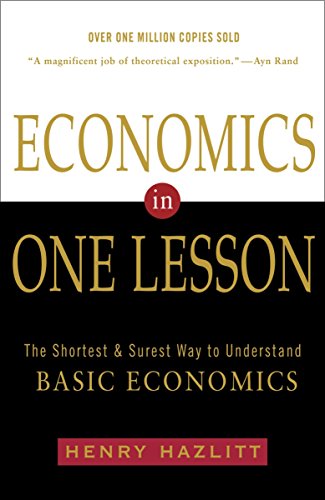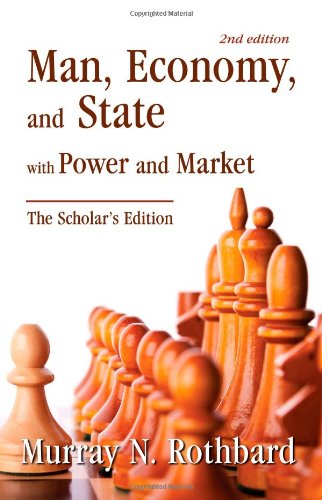Shortly after the Argentinian cardinal Jorge Mario Bergoglio was consecrated Pope Francis in 2013, news stories reported that the new pontiff wanted to build a stronger relationship between the Catholic Church and science—one that saw science not in opposition to, but compatible with, religious belief. Some months later, the pope declared that evolution and the Big Bang theory of creation are real and don’t conflict with belief in God. Now, in the wake of the pope’s encyclical on climate change and the environment, Laudato Si (or, Be Praised), the press has exulted in the pope’s apparent effort to find even more “common ground” with science.
Nothing could be further from the truth. The encyclical, whose title is derived from a line from St. Francis of Assisi’s Canticle of the Sun (“Be praised, My Lord, through all your Creatures”), is being welcomed by some in the scientific community because it proclaims that climate change is real and that humanity must address it. But the nearly 38,000-word document—most of which is not about climate change—actually reads like a giant step backward for the Church’s social teaching: a rejection of technological progress; a dark, narrow vision of human nature that ignores the enormous gains the world has made in alleviating human suffering; and an almost antihuman call, reminiscent of the most radical environmentalists, to reduce human activity drastically as the only way to save the planet. As Michael Shellenberger, president of the Breakthrough Institute and co-author of An Ecomodernist Manifesto, observed: “When [the] Pope speaks of ‘irrational faith in human progress’ I want him to visit the Congo to see what life is like when there is no progress.”
Early on, Francis said that his papacy would be shaped by his experiences serving the poor of Argentina—a place where, as economic historian Pierpaolo Barbieri wrote in the Wall Street Journal, “Government takeovers [of
 Economics in One Lesso...
Best Price: $2.43
Buy New $7.43
(as of 12:35 UTC - Details)
private businesses] and crony capitalism are the enemy of genuine development.” More than any recent pope, his vision has been shaped by this distorted view of how modern trade and commerce work. One result is that Laudato Si devolves into a long rant against consumerism that ignores the many benefits produced by human innovation through free markets.
Economics in One Lesso...
Best Price: $2.43
Buy New $7.43
(as of 12:35 UTC - Details)
private businesses] and crony capitalism are the enemy of genuine development.” More than any recent pope, his vision has been shaped by this distorted view of how modern trade and commerce work. One result is that Laudato Si devolves into a long rant against consumerism that ignores the many benefits produced by human innovation through free markets.
French writer Pascal Bruckner has observed that modern environmentalism is essentially a composite of the blame game preached by two twentieth-century ideologies: Marxism, which blamed capitalism for humanity’s problems; and Third World ideology, which blamed the West. This perfectly describes Laudato Si. No less than five times the pope derides humanity’s “throwaway culture.” His concern? We don’t recycle most of the paper we use. The pope also disparages “financial gain,” “financial interests,” and “financial resources” more than a dozen times, though what these interests have to do with the environment isn’t clear. It doesn’t seem to matter. They make a convenient target in the world from which the pope hails, where a theology of class warfare seems to reign.
 Human Action: The Scho...
Best Price: $6.75
Buy New $15.36
(as of 05:45 UTC - Details)
Human Action: The Scho...
Best Price: $6.75
Buy New $15.36
(as of 05:45 UTC - Details)
 Man, Economy, and Stat...
Best Price: $23.43
Buy New $29.95
(as of 08:10 UTC - Details)
Man, Economy, and Stat...
Best Price: $23.43
Buy New $29.95
(as of 08:10 UTC - Details)
 The Politically Incorr...
Best Price: $1.51
Buy New $8.71
(as of 06:15 UTC - Details)
The Politically Incorr...
Best Price: $1.51
Buy New $8.71
(as of 06:15 UTC - Details)
 Meltdown: A Free-Marke...
Best Price: $0.25
Buy New $20.00
(as of 02:20 UTC - Details)
Meltdown: A Free-Marke...
Best Price: $0.25
Buy New $20.00
(as of 02:20 UTC - Details)




